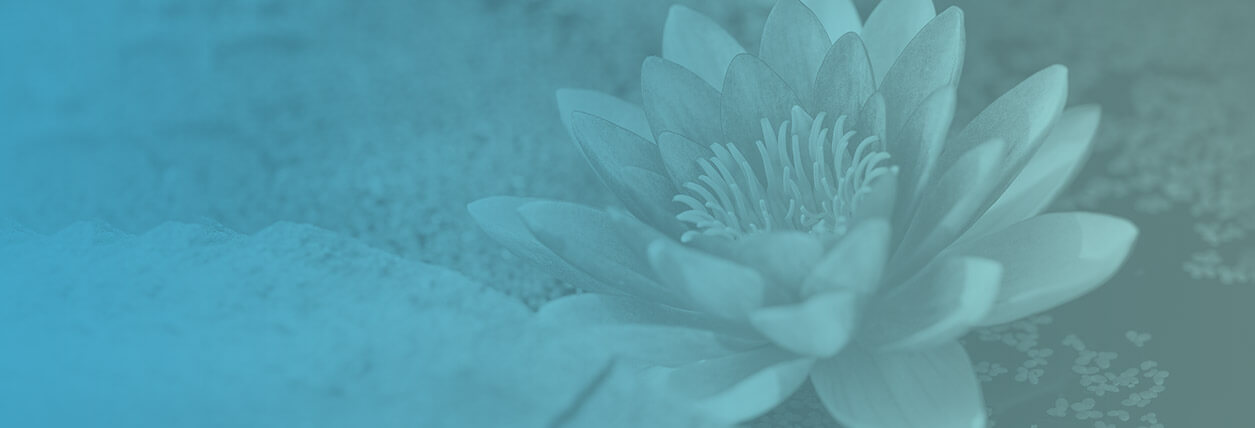What is addiction?
Addiction is a chronic health condition characterized by a persistent and intense urge to engage in certain behaviours, even when doing so is harmful to one’s physical or mental health or significantly impacts one’s quality of life. There are numerous types of addictions, including behavioural addictions, such as sexual gratification, exercise, or internet use, and substance addictions, characterized by a physical dependency on a substance, such as drugs or alcohol. The symptoms can range from mild to severe.
A common misconception is that people with addictions lack self-control or willpower. Addiction can, in fact, be seen as a brain disorder because it alters the brain’s response to rewards. When an addiction hijacks the reward system, the person’s brain learns and remembers that the addictive substance is important and actively seeks more of it. Over time, the brain and body adapt, which can cause individuals to feel less pleasure and lose interest in usual activities. The brain changes cause a preoccupation with the addictive substance, and the addiction becomes the person’s primary objective. The impact of addiction can be far-reaching; psychological, physical, and social effects of addiction disorders can significantly lower people’s quality of life.
Addiction is the only prison where the locks are on the inside.
Unknown
What are the symptoms of addiction?
- Spending considerable time using or thinking about the substance or behaviour
- Mood swings
- Difficulty managing stress
- Cravings
- Cognitive issues, including problems with learning, memory, decision making, or focus
- Anxiety
- Depression
- Insomnia and other sleep problems
- Loss of interest in your usual activities
- Low energy or apathy
- Social isolation and loneliness
- Interpersonal issues
How do I know if my behaviour or substance use is problematic?
- Have you found that you could not stop the behaviour/using the substance once you had started?
- Have you felt guilt or remorse after engaging in the behaviour/using the substance?
- Have you actively hidden the behaviour/substance use from family or friends?
- Does the behaviour or substance use consume a considerable proportion of your day?
- Has a friend, family member or colleague expressed concern about your use?
(Adapted from the ‘Alcohol Use Disorders Identification Test’)
If you replied “yes” to one or more of the above questions, your behaviour or substance use may be problematic. However, with the appropriate treatment and support, addiction can be effectively managed, and you can feel much more in charge of the way your life your life.
Not why the addiction, but why the pain?
Gabor Maté
Addiction counselling by therapists at Mindful Psychology
At Mindful Psychology, we use a holistic approach in the treatment of addiction. We will explore the potential causes and triggers of the addiction, as well as harm reduction techniques and goals. In many cases, a person in active addiction may use the substance or engage in the behaviour alone or secretly. As a result, a person’s thoughts, feelings, and actions become focused on the addiction and shame cycle, and the person withdraws from family and friends. These behaviours can cause feelings of shame, guilt, or remorse. Therapy can assist in breaking the shame spiral and reconnecting people with their social network.
Additionally, many people describe a sense of emptiness and disconnection from themselves and others. Since addiction consumes most of an active user’s life, people usually lose touch with their identities and values. In therapy, underlying unhelpful thought patterns, and goals and values can be explored, to help you live a life that feels much more meaningful.
At Mindful Psychology, our experienced psychologists and counsellors in Brisbane can assist you to learn new coping strategies to treat substance abuse and other addictions. Often the hardest part is making the decision to reach out and then doing so. If you’re unhappy with the way you’re currently live your life, let us support you to make the changes you most desire.
















